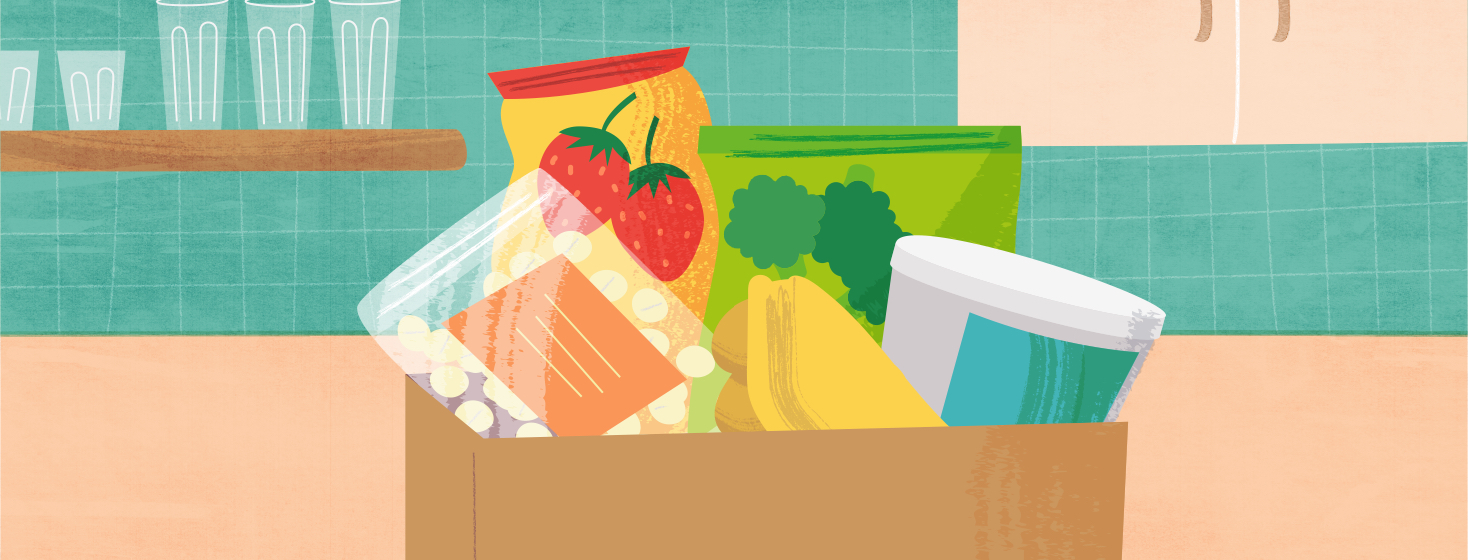Rare Disease and Food Insecurity
Have you ever been so affected by your rare disease that you weren't able to go grocery shopping, leaving your pantry empty for days or weeks at a time with little or nothing to eat?
Have you ever spent so much money on medical care in one month that you didn't have any leftover money to buy necessities like groceries?
Do you ever rely on food boxes from community resource teams to make it through the month without spending money you don't have on living essentials, like food or hygiene supplies?
I've been there
I'll be the first to admit that I have struggled with all of these ever since my rare disease onset.
Living with food insecurity can be inherently stressful. Not knowing where your next meal is coming from can make it difficult to focus on other things in life.
Living with a rare disease, in my case, narcolepsy is hard enough as it is. When I am busy worrying about my empty pantry, my creative energy is totally depleted. I don't have as much capacity to get other tasks done, since they require focused work. It's hard to focus when worried about food insecurity!
It's disappointing that we live in a society where vulnerable populations experience food insecurity. However, there are a few ways I manage to live around it.
Utilize community resources
Local community resources may provide free food boxes to people in need. Personally, my rare disease makes it difficult to wait in long lines since I have narcolepsy. I've been able to utilize these kinds of resources that deliver for free. Even one food box can make my week so much better.
Tell my friends
When I am low on food, I like to complain to my friends about it. Even if they can't help, since they're often in the same situation, suffering from food insecurity, hearing from other people struggling with the same issue is still validating.
Stock up on non-perishables where possible
When I do manage to have the energy and finances to grocery shop, I like to stock up on non-perishable foods such as dried beans (a great protein), shelf-stable milk, coffee, bread (which I freeze for future use), and frozen or canned vegetables. These are nice to have for those weeks when things are exceptionally lean.
Bulk Purchases
Finally, I try to buy hygiene products like soap bars, dental floss, and toilet paper in bulk. Doing so requires a larger up-front investment but is cheaper per ounce and requires much less effort.
As a person with a rare disease living on disability funds, just trying to make ends meet can feel nearly impossible. The most important thing for me to remember is that food insecurity is an unfortunate part of the society that we live in and is not necessarily my fault. This can help alleviate the shame that can come along with food insecurity but doesn't magically solve the problem.
If you are experiencing food insecurity while living with a rare disease, please know that you aren't alone in this!
Do you struggle to access basic necessities due to your rare disease? Consider sharing your story with us so others like you know they aren't alone.

Join the conversation